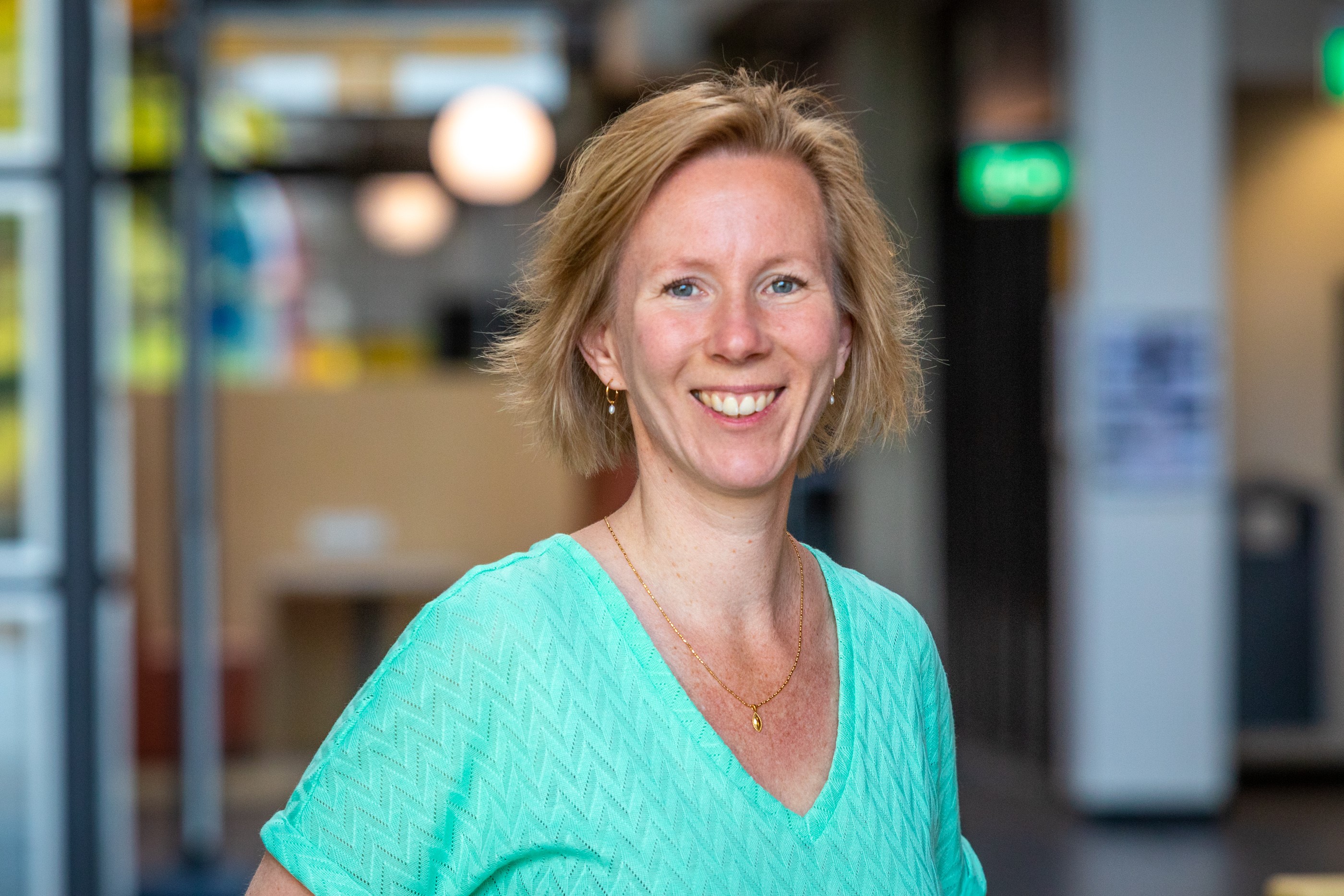As cancer care trends toward a model of ‘shared decision-making’, patients need the ability to decipher, at least to some extent, complex numerical outcome information about the benefits and harms of treatment options (including non-treatment). However, a significant number of patients do not have adequate health literacy/numeracy skills to do so. In these cases, numbers just remain numbers for patients, without any meaning. Furthermore, there is often limited time during a consultation for the doctor to adequately explain the data and to support patients in weighing the information. These patients need additional help to improve their understanding of different treatment options so they can identify and communicate their preferences.
With funding from KWF, Dr. Olga Damman and her team at Cancer Center Amsterdam will investigate how the communication to this this vulnerable group of patients with lower health literacy/numeracy can be improved, by closely following the decision-making strategies used by those patients during their disease trajectory.
The case study
The research team will follow patients with gastric and esophageal cancer as a case study. Dr. Damman chose gastric and esophageal cancers patients because prognosis for those patients is generally poor, so it is even more important patients receive treatment aligned to their values and preferences. In addition, there is already a body of outcome information available for these cancers as a reference point for comparison (the SOURCE disease outcome prediction models).
“Beyond the difficulties associated with lower health literacy/numeracy, gastric and esophageal cancer patients are often coming to terms with having a life-threatening condition, and this can further complicate information processing,” shares Dr. Damman.
Understanding the decision process
To address the challenge of assisting patients with low health literacy/numeracy, Dr. Damman and her team will intensively follow 30 patients starting from their diagnosis, using a combination of research methods from psychology and human-centered design. They will map out the strategies these patients use to process and apply SOURCE outcome information with their doctor as well as outside the consultation room. In addition, the team will conduct 20 interviews with healthy subjects to assess how people with low health literacy/numeracy understand current outcome information.
“We will then conduct participatory sessions with a group of patients to co-create and test new communication approaches,” says Dr. Damman.
Developing a new communication product
Dr. Damman aims to develop a new product-service system for patients and doctors that will help in the communication of numerical outcome information and ultimately support shared decision making.
“We envision a tool with accompanying training for doctors that will make it more intuitive to integrate the most essential numerical information with the value trade/off that the individual patient needs to make with his/her doctor.”
“This project will deliver knowledge that is urgently needed to improve communication and shared decision making for patients from more vulnerable groups - in this case with lower health literacy/numeracy - and create an actual system that can be applied in clinical practice,” says Dr. Damman. This will ultimately result in more confident decisions and treatment plans that better reflect patients’ wishes and values, in addition to increasing the satisfaction of both healthcare providers and patients.

Dr. Olga Damman
For more information contact Dr. Olga Damman.
People involved at Cancer Center Amsterdam:
Dr. Olga Damman (principal investigator)
Prof. Danielle Timmermans
Prof. Hanneke van Laarhoven
Prof. Ellen Smets.
In collaboration with:
Dr. Marijke Melles, Delft University of Technology, Faculty of Industrial Design Engineering, Department of Human-Centered Design
Text by Lynita Howie.

